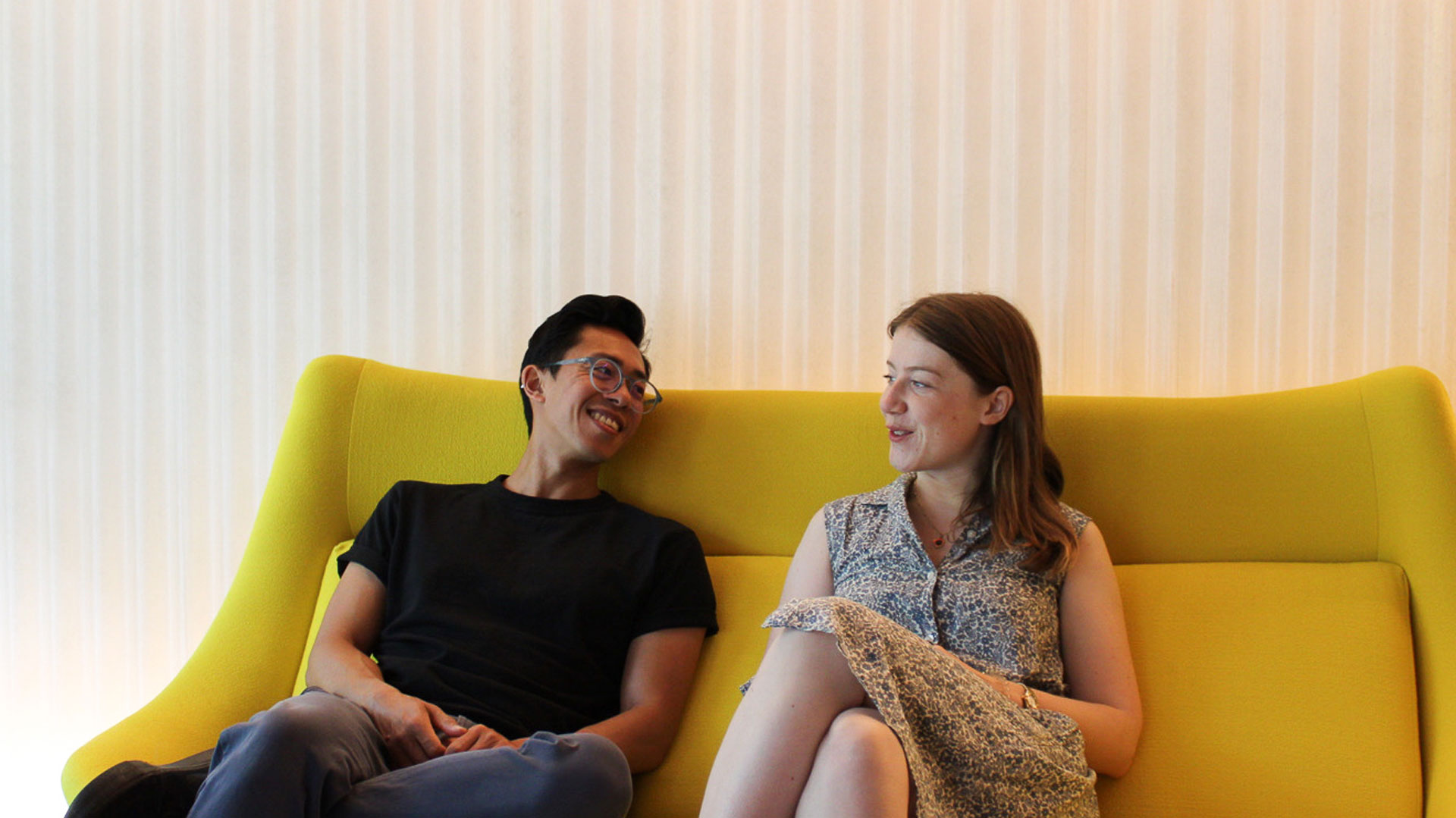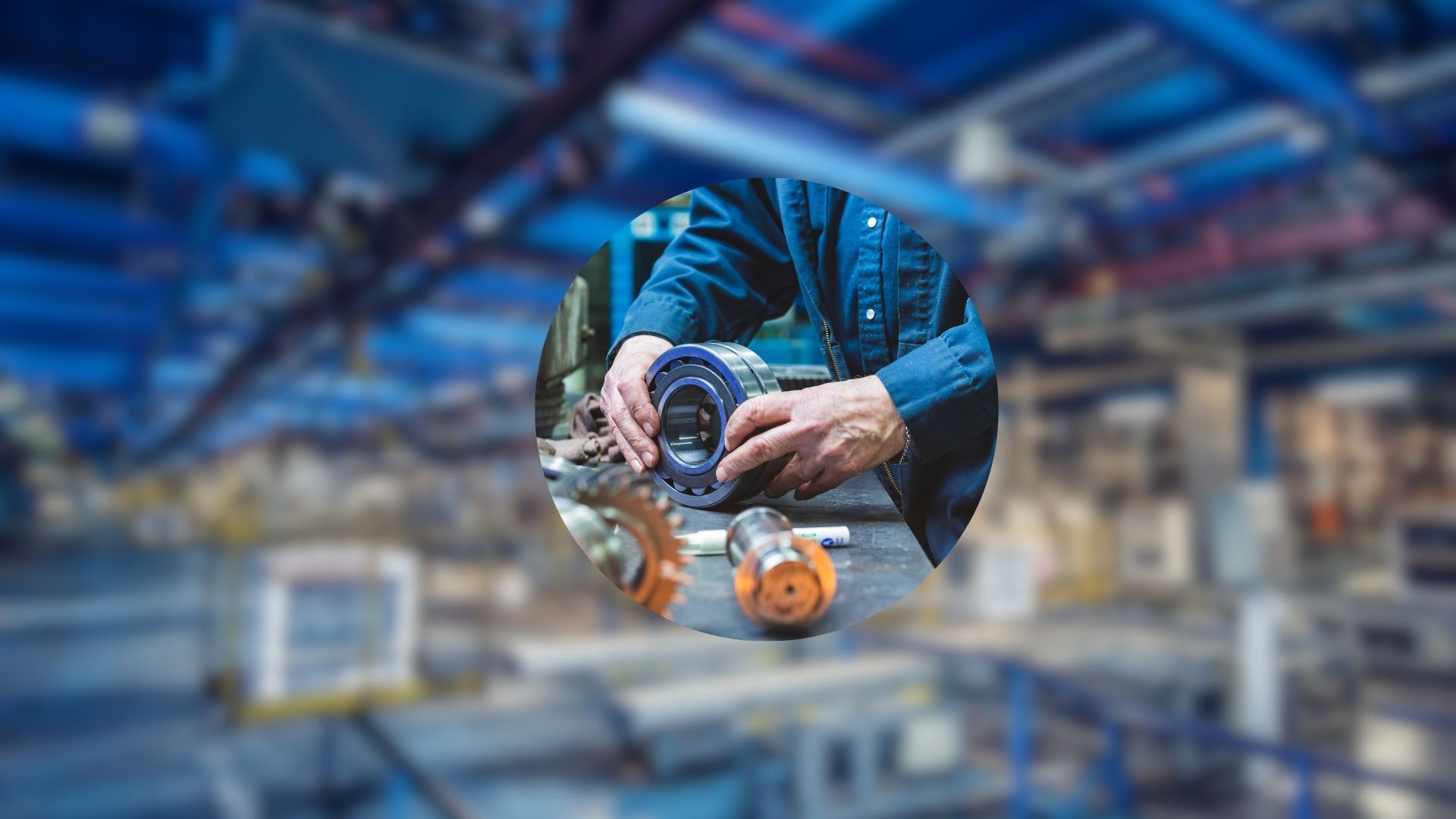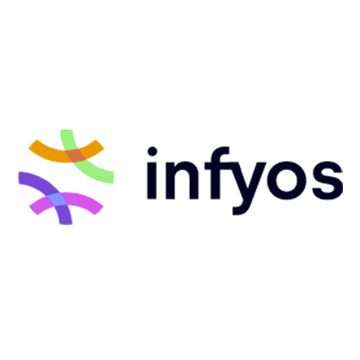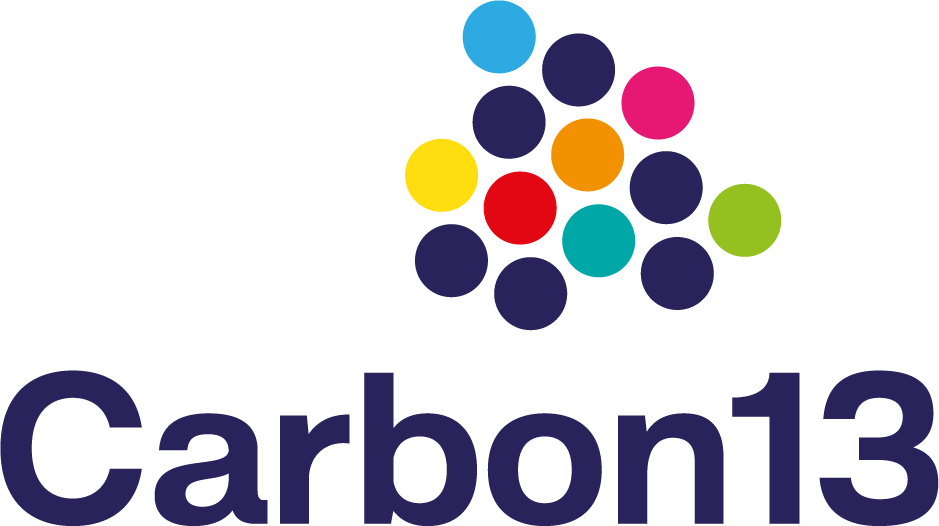"Supply chain startups are our bread and butter"

Would you briefly introduce yourself, please?
I am Sarah, the CEO and Co-founder of Infyos, an AI-powered operating system for energy and mobility supply chains. We’re starting by helping the energy and mobility industry manage their Tier 1 to Tier N supply chain risk. I previously worked in diamond supply chains, most recently building the China expansion for a diamond supply chain startup. There we expanded from diamond into other industries including battery-mined material. I became a founding member of the World Economic Forum’s Global Battery Alliance and realised battery supply chains and the broader energy and mobility supply chain are some of the most complex but also important for the energy transition. I also lived in Beijing and Taipei, speak Chinese and have worked in Chinese supply chains, which is where the majority of clean tech manufacturing sits today.
What is your and your team’s vision?
Our vision is to be the source of truth for energy and mobility supply chains. In their current state, energy and mobility supply chains are fragile, complex, and present a black box of risks that are delaying the global energy transition. The energy transition is not only essential for achieving global net-zero goals, but the energy and mobility sector also represents 40 percent of the global economy meaning it is a huge industry to unlock.
What makes your team a great team?
China owns 70-80% of the manufacturing of clean technology, including batteries, solar and wind, meaning Chinese supply chain data access is essential to building efficient energy and mobility supply chains. Me and my cofounder Tony both speak Chinese and have built supply chain tech in China, which has allowed us to build proprietary supply chain data access with the majority of global battery manufacturing.
Supply chain startups are our bread and butter. Tony is a four-time founder, most recently building the coffee supply chain startup Pact Coffee from zero to Series A where he built the tech behind their supply chain from source to finished coffee. I built the China expansion at the first supply chain traceability startup using blockchain, Everledger, which was backed by Tencent and I’m a founding member of the World Economic Forum’s Global Battery Alliance.
Many of our customers are initially ‘problem unaware’
When you look back on your time in the programme, what memory comes to mind immediately?
Fellow Carbon13 founder friends. From apprentice-style house renting in Cambridge as we prepped for our final pitches on the programme to dinner catch-ups in Chinatown in the last week, I feel so lucky that Carbon13 has let me build friendships with inspiring people who are on a similar mission, face similar challenges, champion each other’s successes and are always willing to help.
What do you consider to be the biggest challenge you have faced so far, and how did you solve it or how do you plan to solve it?
Many of our customers are initially ‘problem unaware’. While supply chain risk is a well-known issue, the full extent of the risk and its impact on their business is complex for customers to understand. To address this, we’ve implemented a sales strategy that positioned us as the leading data source on supply chain risk across key customer-acquisition channels. This approach has been successful, with coverage in the Financial Times, Wall Street Journal, and leading industry publications and events. Our strategy is rooted in proprietary supply chain data, helping us achieve a 23% cold outreach conversion rate and attract over 200 attendees to our webinars.
What is the next milestone ahead of you and how do you plan to achieve it?
We’re building the supply chain data layer that underpins the energy and mobility transition, our short-term goal is to be the data standard in utility-scale battery energy storage which means we’re laser-focused on onboarding customers through our key customer acquisition channels and building proprietary data access which allows us to shape the supply chain standard of the industry.

Infyos is an AI-powered operating system to help the global renewable energy industry manage risks across their entire Tier N supply chain.
This is not something that happens overnight
When talking to investors, what question do you hear far too often / what question would you like to hear more often?
We often hear that the market is too small, but with energy and mobility taking up 40% of global industry and having over 250,000 companies globally it feels misguided. While horizontal industry-agnostic tools are useful for assessing companies across industries, our customers say the data is often generic, unactionable, and inaccurate in complex supply chain like batteries. I love spending time strategising with our investors on how vertical supply chain tools can leverage the supply chain network effects by focusing on a specific industry’s data, customers and problems they need to solve.
What do you think climate tech entrepreneurs need to bring in order to be successful?
Relentless resilience both to survive the highs and lows of startup life and to believe that collectively it is possible to solve climate change.
Building a start-up is a rollercoaster ride with many ups and downs. What tips do you have for founders to cope with this?
Find an amazing startup family. Obviously your direct team, but also the wider ecosystem like Carbon13. Sharing the highs and lows of startup life is SO much more enjoyable when you’re able to learn from each other’s superpowers and build off of each other’s strengths.
It’s also important to keep the bigger picture in mind. The day-to-day set-backs can feel tough, but remember that you’re trying to build a new solution that solves a huge world problem. This is not something that happens overnight.
What are you really looking forward to?
I am excited to continue to work with our amazing and growing team to solve challenges that haven’t been solved and reshape how the energy and mobility industry operates.

